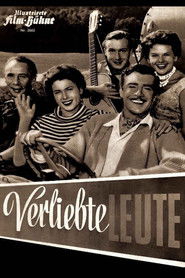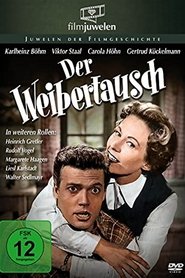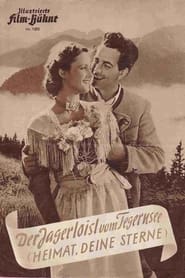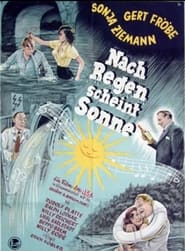detail profile paula braend
Peran Yang Di Mainkan Paula Braend
 Berlin 1923 Following the suicide of his...
Berlin 1923 Following the suicide of his...The Serpent's Egg 1977
Berlin, 1923. Following the suicide of his brother, American circus acrobat Abel Rosenberg attempts to survive while facing unemployment, depression, alcoholism and the social decay of Germany during the Weimar Republic.
 In order to stop the annual...
In order to stop the annual...Waldrausch 1977
In order to stop the annual flooding, a dam is to be built in the mountain valley; a life-threatening undertaking for the inhabitants.
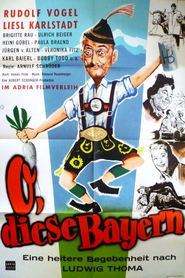 After 50 years of service the district...
After 50 years of service the district...Oh, diese Bayern! 1960
After 50 years of service, the district usher Johann Peter Neusigl is supposed to get awarded a Royal-Bavarian medal of merit. Since government director Steinbeißl has announced that he wants to witness the awarding ceremony in person, district magistrate Kranzeder decided to splash out. He organises, with his wife Amalie, a banquet in their parlour, although both of them rather begrudge Neusigl the award. But after all, it is necessary to cut a good figure for the dignitaries. As the government director arrives, after a few incidents during his journey, belated, the event, however, has already degenerated into a boozy carousal which culminates in a scuffle.
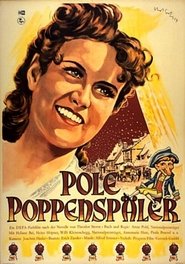 On his travels Paul a journeyman...
On his travels Paul a journeyman...Pole Poppenspäler 1954
On his travels, Paul, a journeyman from northern Germany, runs into a childhood friend, Lisei, a puppeteer's daughter. They fall in love and get married. Together with Lisei's father, the young couple moves to Paul's hometown. Although Paul himself is accepted - even respected - by the stuck-up and snooty citizens, the young woman is rejected by the town dwellers, who are imbued with class arrogance. Paul stands up for his wife but the scorn and abuse heaped on her weigh heavily upon him.
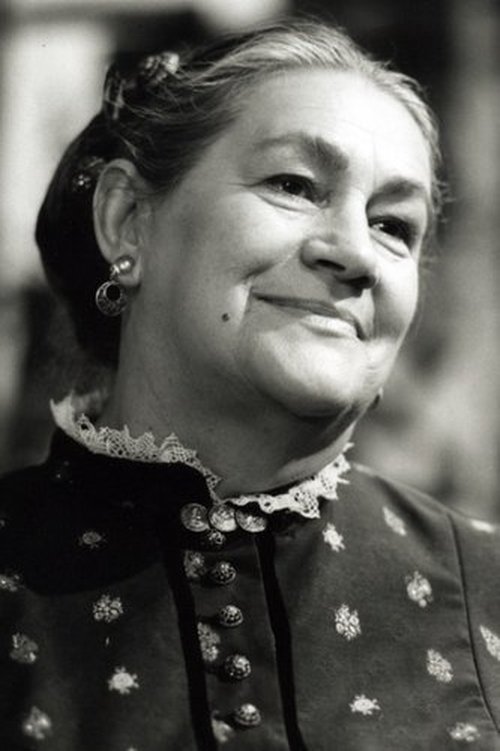

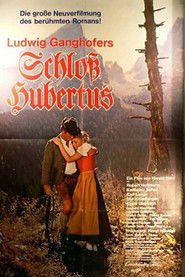 A drama directed by Harald Reindl...
A drama directed by Harald Reindl... A comedy directed by Olf Fischer
A comedy directed by Olf Fischer
